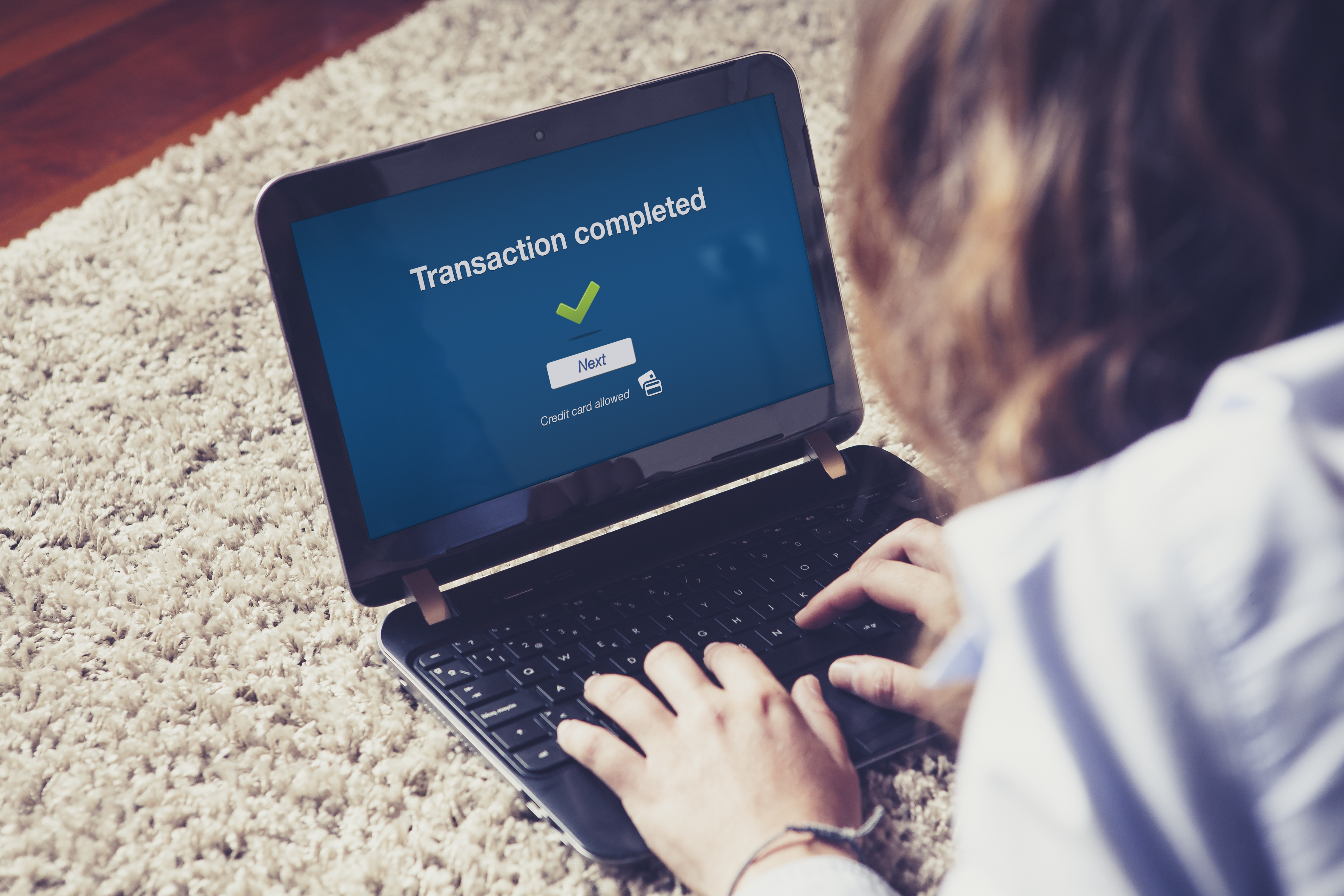You have the business, the right products and/or services, the website filled with information, and some good employees. Now you want to expand your payment options to include credit and debit card processing. That should be no problem for a legitimate business like yours, right?
Actually, many businesses are surprised to find that qualifying for an online payment gateway is not as hassle-free as they had hoped for.
While the phrase ‘high-risk business’ sounds like it should be used strictly to refer to organized crime, legitimate businesses are flagged as high-risk every day for a variety of reasons that may not be readily apparent.
Here are the four top reasons why your business may have been categorized as high-risk.
The Type of Industry Your Business is In
Your business industry is important information when qualifying for a merchant account. Unfortunately, operating within certain industries comes with different risk factors.
If your business is in an industry with an increased likelihood of fraud, chargebacks or high-value transactions, you’re more likely than not in a high-risk industry. Banks will also deny your business a merchant account if it’s in a business that has reputational risks.
Examples of high-risk industries are businesses that deal in the selling of the following products or services: marijuana or CBD products, tobacco products, insurance, jewelry, gambling, adult entertainment sites, cryptocurrency, alcohol, travel options or packages, and businesses that provide financial or legal services.
While this list isn’t exhaustive, if your company shares any of these qualities, you were most likely denied a merchant account for industry reasons.
Your Business Has a High Volume of Chargebacks
Chargebacks refer to when a customer disputes a transaction with a merchant, allowing them to receive their money back while keeping the product or services that they received. While not all chargebacks are a sign of fraud, they always result in a loss for the merchant.
If your company has a high volume of chargebacks, it could indicate that you’re in financial trouble or that you aren’t a respectable business.
Most banks only allow for a chargeback percentage of 2% of their successful transactions. This can be especially hard for online retailers or businesses that offer subscription services of recurring billing to stay below.
If you’re dealing with high chargebacks, there are methods that you can use to help reduce your number.
You Have a Poor Credit History
Just like with any other huge financial endeavor, your credit score plays a vital role. If your credit history is poor, you will be seen as a risk and banks will not want to provide you with a merchant account.
Keeping track and finding ways to increase your credit score should one of the first things you do before even applying for a merchant account. This will increase the likeliness of you being accepted and provide access to better rates.
Your Business is Too New
Banks prefer businesses with a proven track record of making sales and providing respectable services. If your company is still in the start-up phase, you’ll need to prove your worth before qualifying for some of the perks of having an established business.
Options for High-Risk Businesses
While being denied a merchant account with a standard bank may have been a blow, there are still payment processing options out there with businesses that specialize in high-risk companies. This can provide you with solutions as you improve your business standing.


